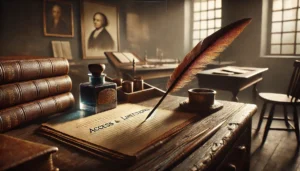
The Educational System Under Spanish Rule: Access and Limitations
Before the arrival of the Spanish colonizers, education in the Philippine archipelago was largely informal and centered around practical skills. Indigenous communities passed down knowledge through oral traditions, apprenticeships, and daily life experiences. Children learned survival skills, cultural practices, and societal norms from their elders and community members. This system, while effective for maintaining cultural […]
Read More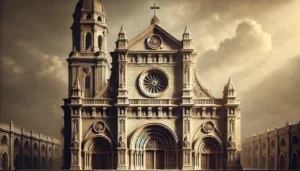
The Manila Cathedral: A Symbol of Colonial Power and Faith
The Manila Cathedral, officially known as the Minor Basilica and Metropolitan Cathedral of the Immaculate Conception, stands as a testament to the enduring influence of Spanish colonialism and Catholicism in the Philippines. Its history is deeply intertwined with the founding of Manila as a colonial capital and the establishment of the Catholic Church’s presence in […]
Read More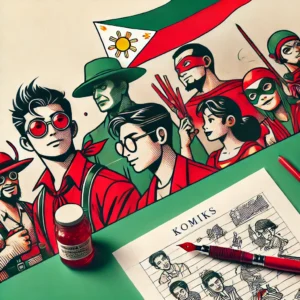
Komiks: The Filipino Art of Comics
Komiks, the Filipino art of comics, represents a vibrant and influential aspect of Philippine popular culture. This distinctive medium has played a crucial role in shaping the country’s literary and visual landscape for decades. Originating in the early 20th century, komiks quickly became a beloved form of entertainment, education, and artistic expression among Filipinos of […]
Read More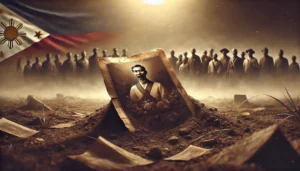
Forgotten Heroes: Unsung Figures of Philippine History
The tapestry of Philippine history is rich with tales of bravery, sacrifice, and unwavering patriotism. While names like José Rizal and Andrés Bonifacio are etched into the national consciousness, countless other heroes have faded into obscurity. These unsung figures played pivotal roles in shaping the nation’s destiny, yet their contributions remain largely unrecognized. This blog […]
Read More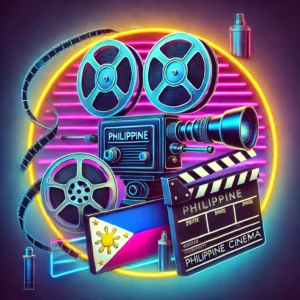
Philippine Cinema: A History of Filmmaking
The rich tapestry of Philippine cinema spans over a century, reflecting the nation’s cultural evolution, political upheavals, and artistic aspirations. From its humble beginnings in the early 1900s to its current status as a vibrant and diverse industry, Filipino filmmaking has undergone numerous transformations. This comprehensive exploration delves into the key periods, influential figures, and […]
Read More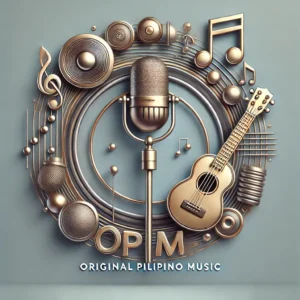
Original Pilipino Music (OPM): A Diverse and Evolving Genre
Original Pilipino Music, commonly known as OPM, is a rich and diverse musical genre that encompasses various styles and influences from the Philippines. This genre has played a significant role in shaping the cultural identity of the Filipino people and has gained recognition both domestically and internationally. OPM’s roots can be traced back to traditional […]
Read More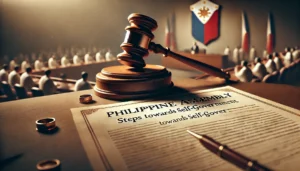
The Establishment of the Philippine Assembly: Steps Towards Self-Governance
The establishment of the Philippine Assembly marks a crucial milestone in the journey of the Philippines towards self-governance and independence. To fully appreciate the significance of this development, it is essential to understand the historical context in which it occurred. The late 19th and early 20th centuries saw the Philippines transition from Spanish colonial rule […]
Read More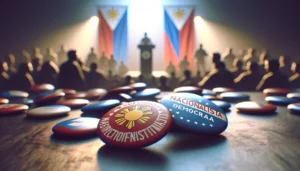
The Rise of Filipino Political Parties: Nacionalista and Democrata
The emergence of political parties in the Philippines marks a significant chapter in the nation’s journey towards self-governance and independence. As the archipelago transitioned from Spanish colonial rule to American occupation, the Filipino people began to assert their right to political representation and autonomy. This period saw the birth of two major political parties that […]
Read More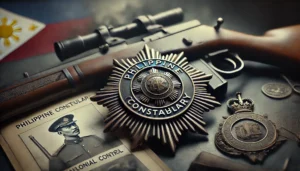
The Philippine Constabulary: Maintaining Order and Colonial Control
The Philippine Constabulary, a paramilitary police force, was established on August 8, 1901, during the American colonial period in the Philippines. It was created by the United States Philippine Commission, led by William Howard Taft, who would later become the 27th President of the United States. The primary purpose of this organization was to maintain […]
Read More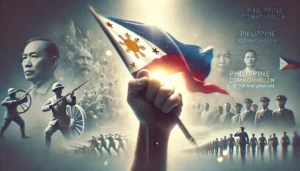
The Philippine Commonwealth: A Step Towards Independence
The journey towards Philippine independence was a long and complex process, marked by significant milestones and political negotiations. One of the most crucial steps in this journey was the establishment of the Philippine Commonwealth in 1935. This period served as a transitional phase, preparing the Philippines for full independence while still under American sovereignty. Origins […]
Read More